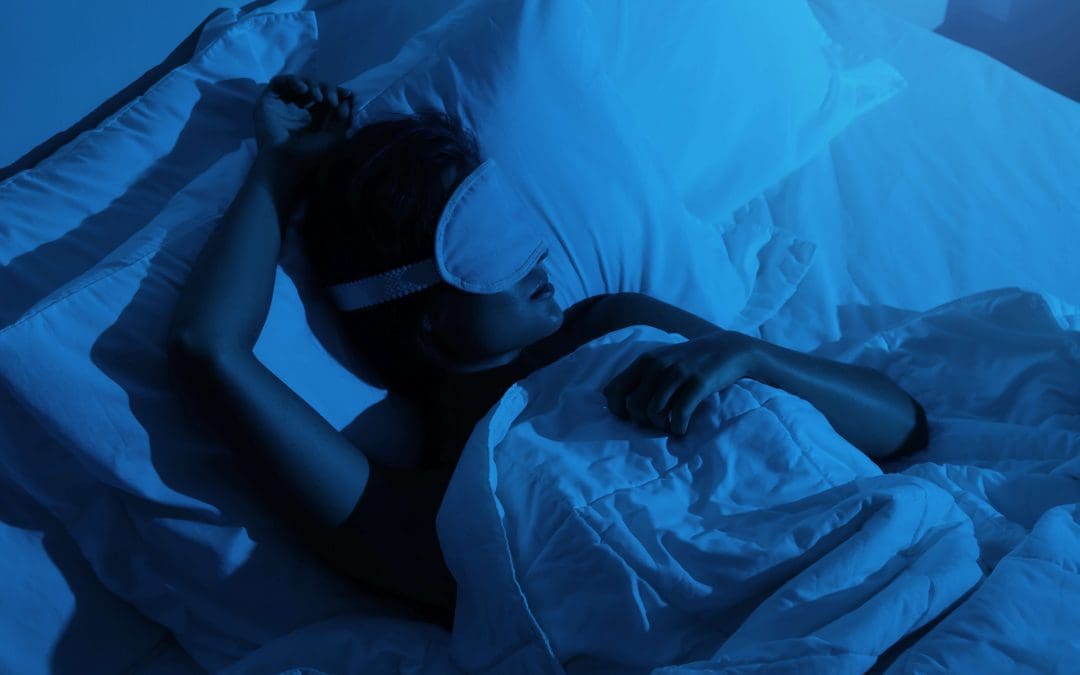A good night’s sleep is essential for overall health and well-being. Here are some comprehensive tips for creating a sleep-friendly atmosphere so you sleep well at home.
Optimize Your Bedroom Environment
Your bedroom should be a sanctuary for sleep. The environment plays a crucial role in determining the quality of your rest. Get a high-quality mattress and pillows that support your sleeping posture. Your bedding should be comfortable and suitable for the climate so you aren’t too hot or cold.
Light control is essential. Use blackout curtains to block external light and a sleep mask if necessary. Maintaining a cool temperature, ideally between 60-67°F, also promotes better sleep.
Establish a Consistent Sleep Schedule to Sleep Well at Home
Our bodies thrive on routine. Maintaining a consistent sleep schedule regulates your internal clock, making it easier to fall asleep and wake up. Try to go to bed and wake up at the same time every day, even on weekends. This consistency reinforces your sleep-wake cycle and will help you get the most out of your rest.
Create a Pre-Sleep Routine
A peaceful bedtime routine lets your body know it’s time to relax. Engage in calming activities like reading, warm baths, gentle yoga, or meditation. Avoid stimulating activities like watching TV or using electronic devices before bed, as the blue light emitted by screens can interfere with your body’s production of melatonin, the sleep hormone.
Mind Your Diet and Exercise
What you eat and drink influences your sleep. Avoid big meals or having caffeine or alcohol close to bedtime. Alcohol might make you feel sleepy initially, but it disrupts your sleep cycle. Instead, have a light snack if you’re hungry before bed, such as a banana or a small serving of yogurt.
Regular physical activity also improves sleep quality. Aim to exercise for at least 30 minutes most days, but avoid vigorous exercise close to bedtime, as it may have a stimulating effect. Instead, do relaxing exercises like stretching or walking in the evening.
Sleep Well at Home By Managing Stress and Anxiety
Stress and anxiety commonly cause sleepless nights. To promote better sleep, incorporate stress management techniques into your daily routine. Deep breathing exercises, progressive muscle relaxation, and mindfulness meditation help calm your mind and prepare you for sleep. Journaling your thoughts before bed is a great way to offload worries and clear your mind.
Reduce Noise for a Quieter Sleep Environment
Sound is an important factor for good sleep. To create a quieter environment, address sources of noise within your home. Consider adding thick curtains or blinds to your windows, which help block out external noise. Installing carpets or rugs will also absorb sound and reduce echo within your room. For particularly noisy environments, soundproofing measures such as door seals and window inserts are effective. Use earplugs or a white noise machine to minimize disruptive sounds.
Address Sleep Disorders
If you’ve tried these tips and still struggle with sleep, you may have a sleep disorder such as insomnia, sleep apnea, or restless leg syndrome. Seek professional help if you suspect a sleep disorder. A healthcare provider or sleep specialist can provide a proper diagnosis and treatment plan to help you achieve better sleep.
You deserve to sleep well, and by following these tips, you’ll create a relaxing routine that will lull you to sleep in no time.
FAQs: Sleep Well at Home
Are there any natural remedies that can help improve sleep?
Some natural remedies, such as herbal teas like chamomile or valerian root, essential oils like lavender, and supplements like melatonin, promote good sleep. However, consult a healthcare provider before trying any new supplement or remedy.
Can changing my bedroom decor impact my sleep?
Yes, the ambiance of your bedroom can affect your sleep. Choose calming colors, keep the space clutter-free, and decorate with items that promote relaxation and comfort, such as soft textiles and soothing artwork.
What should I do if I wake up in the middle of the night and can’t fall back asleep?
If you find yourself awake in the middle of the night, avoid looking at the clock. Instead, try a relaxing activity like reading a book or practicing deep breathing exercises. Also, avoid turning on bright lights or using electronic devices.
Advanced Termite and Home Inspections provides inspection services in Eastern NC. Contact us to request an appointment.

